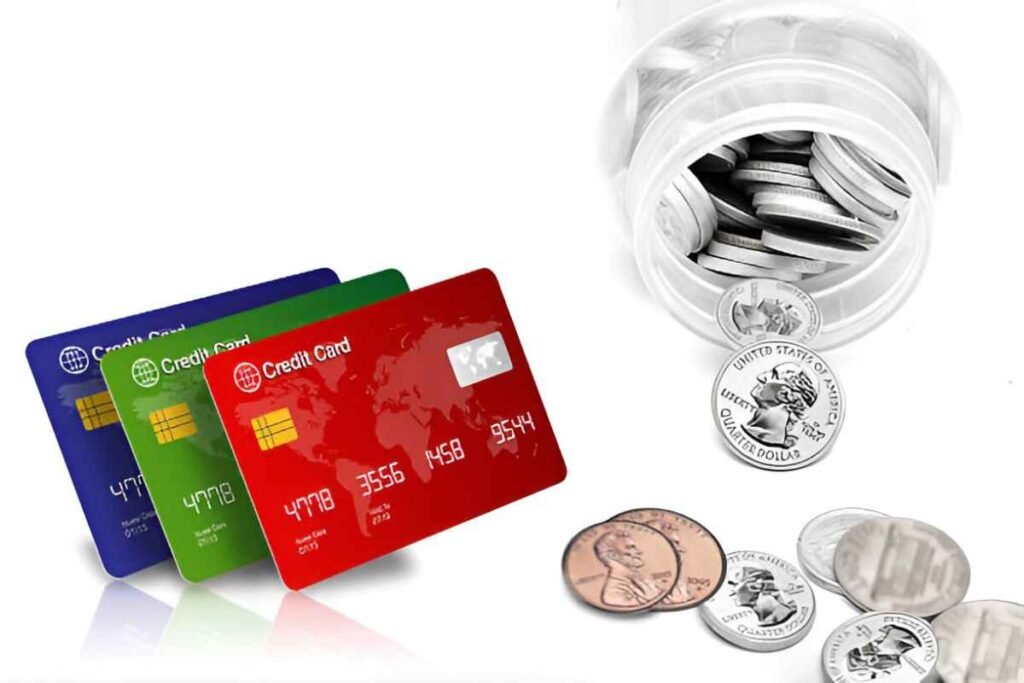When it comes to making payments, two commonly used methods are ACH (Automated Clearing House) transfers and credit card transactions. Both have distinct features, advantages, and potential drawbacks. Choosing between them depends on several factors, including cost, speed, security, and convenience. In this article, I will explore these aspects in detail and provide examples to help clarify the differences.
Table of Contents
What is ACH?
ACH stands for Automated Clearing House, a network used for electronic payments and money transfers in the United States. It allows individuals and businesses to move funds between bank accounts securely. ACH is commonly used for payroll deposits, bill payments, and business-to-business transactions.
Key Features of ACH
- Processing Time: ACH transfers usually take 1-3 business days.
- Transaction Fees: Generally lower than credit card fees, often a flat rate or a small percentage.
- Security: Transactions require bank account details, which are not exposed frequently.
- Use Cases: Ideal for recurring payments, payroll processing, and large transactions.
What is a Credit Card?
A credit card is a payment method that allows users to borrow funds from a financial institution to make purchases. The cardholder must repay the borrowed amount within a billing cycle to avoid interest charges.
Key Features of Credit Cards
- Processing Time: Transactions are processed almost instantly.
- Transaction Fees: Typically higher than ACH, with interchange fees ranging from 1.5% to 3%.
- Security: Enhanced security features such as fraud protection and chargeback options.
- Use Cases: Suitable for online shopping, travel expenses, and day-to-day purchases.
ACH vs Credit Card: A Side-by-Side Comparison
| Feature | ACH | Credit Card |
|---|---|---|
| Processing Speed | 1-3 business days | Instant |
| Transaction Fees | Low (flat fee or 0.5-1%) | High (1.5-3%) |
| Security | High | Very high |
| Chargeback Protection | Limited | Extensive |
| Convenience | Moderate | High |
| Use Case | Recurring payments, payroll | Everyday purchases, travel |
Cost Considerations
The cost structure of ACH and credit card payments differs significantly. ACH transactions usually have a lower cost, making them preferable for businesses processing large payments. Let’s look at a cost comparison with an example.
Example:
A business processes $50,000 in monthly transactions. The costs are calculated as follows:
| Payment Method | Fee Structure | Total Cost per Month |
|---|---|---|
| ACH | 0.5% of transaction | $250 |
| Credit Card | 2.5% of transaction | $1,250 |
In this case, ACH results in significant cost savings.
Speed of Transactions
If timing is critical, credit cards offer an advantage. They process payments immediately, while ACH transactions can take a few days. Businesses that need real-time fund access often prefer credit cards.
Security Comparison
Both ACH and credit cards have security measures in place, but they differ in execution. Credit cards provide stronger fraud protection and chargeback options. ACH payments, however, involve direct bank-to-bank transfers, reducing the frequency of exposure to fraud.
| Security Aspect | ACH | Credit Card |
|---|---|---|
| Fraud Protection | Limited | Strong |
| Chargebacks | Less common | Common |
| Data Exposure | Minimal | Frequent |
Convenience and Accessibility
Credit cards offer greater convenience. They are widely accepted, making them suitable for in-person and online transactions. ACH, on the other hand, requires bank details, which can be cumbersome for one-time payments.
Chargeback and Dispute Resolution
One significant difference is the ability to dispute transactions. Credit cardholders can file chargebacks if they believe a charge is unauthorized. ACH transactions do not have the same level of dispute resolution, making them less flexible for consumers.
When to Use ACH
ACH is the right choice when:
- You need to process large or recurring transactions.
- Cost savings are a priority.
- The transaction does not require immediate processing.
When to Use Credit Cards
Credit cards are better when:
- Speed and convenience are essential.
- Fraud protection is a top priority.
- You are making online or international purchases.
Conclusion
Choosing between ACH and credit card payments depends on your specific needs. If cost efficiency and security matter most, ACH is a better option. For convenience and speed, credit cards provide the advantage. Businesses and individuals should evaluate their payment requirements carefully to make the right choice.





